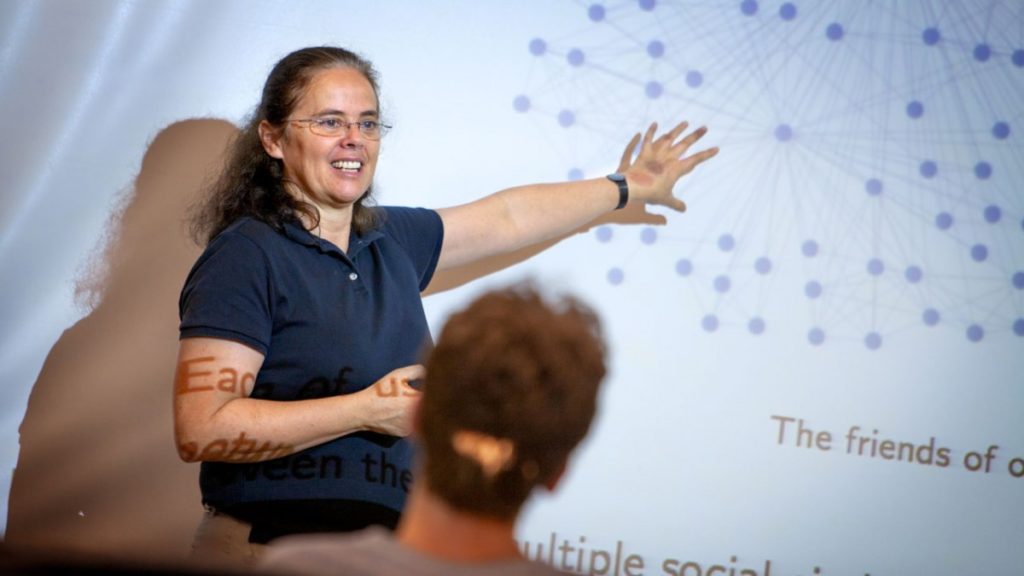A Cornell University professzora, Tardos Éva tart online előadást

Minden érdeklődőt várnak a szervezők a Centre for Operations Research (CIAS-CCOR) Online Magyar Operációkutatási Szemináriumsorozatának következő előadására. A szemináriumon Tardos Éva (Cornell University) tart előadást Stability and Learning in Strategic Queueing Systems címmel.
Az online csatlakozás lehetőségéről a marianna.eisenberg-nagy@uni-corvinus.hu email-címen lehet érdeklődni.
Az előadás absztraktja:
Over the last two decades we have developed good understanding how to quantify the impact of strategic user behavior on outcomes in many games (including traffic routing and online auctions) and showed that the resulting bounds extend to repeated games assuming players use a form of no-regret learning to adapt to the environment. Unfortunately, these results do not apply when outcomes in one round effect the game in the future, as is the case in many applications. In this talk, we study this phenomenon in the context of a game modeling queuing systems: routers compete for servers, where packets that do not get served need to be resent, resulting in a system where the number of packets at each round depends on the success of the routers in the previous rounds. In joint work with Jason Gaitonde, we analyze the resulting highly dependent random process. We find that if the capacity of the servers is high enough to allow a centralized and knowledgeable scheduler to get all packets served even with double the packet arrival rate, then despite selfish behavior of the queues, the expected number of packets in the queues will remain bounded throughout time, assuming older packets have priority. Further, if queues are more patient in evaluating their outcomes, maximizing their long-run success rate, stability can be ensured with just 1.58 times extra capacity, strictly better than what is possible assuming the no-regret property.